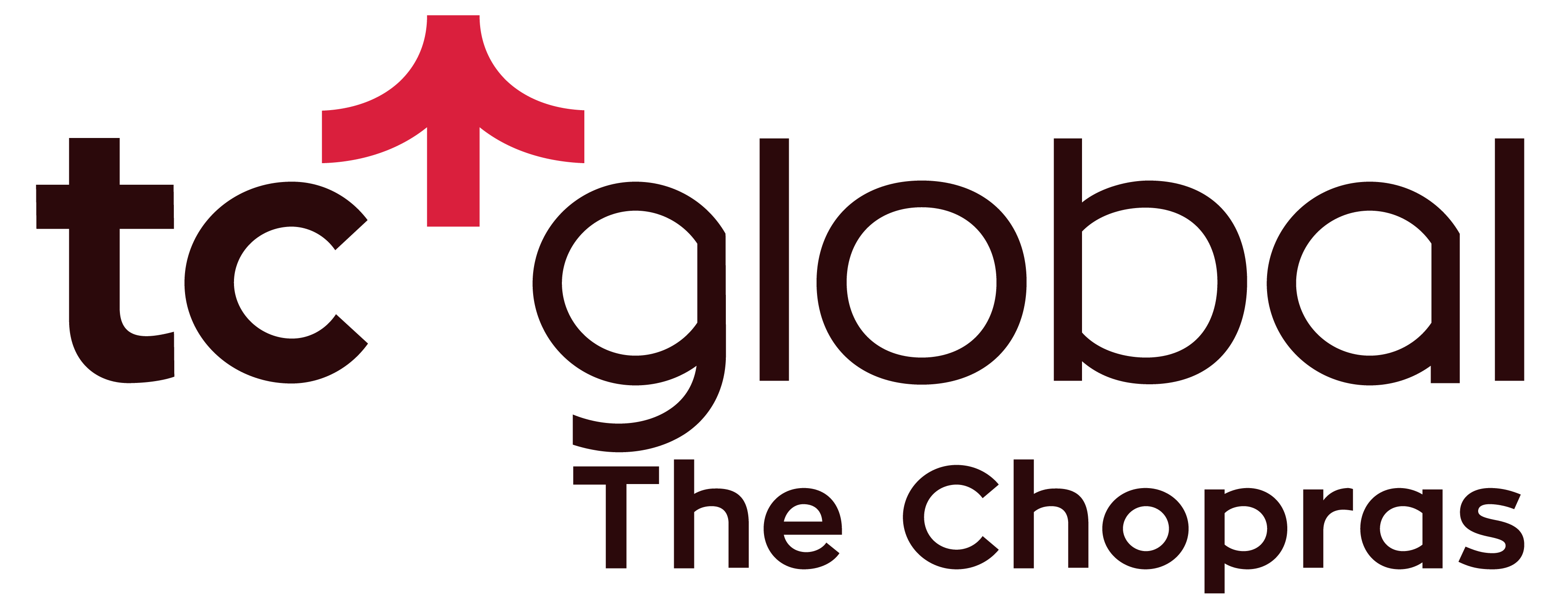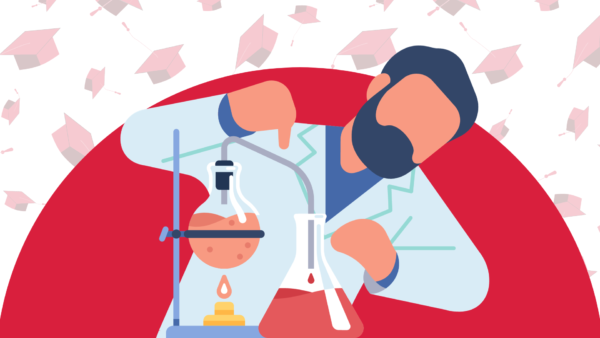A diploma course is a program that will be for a duration of a few months or a year or two, depending on the subject preference and also the university. These courses also offer an opportunity for the candidate to combine two one-year courses and choose a specialisation in a particular field of interest.
The eligibility criteria for these courses are generally not as stringent as for degree courses, and the acceptance rate is also high in almost all universities. It usually takes less time to complete such a course which means students can reduce the cost of studying and also can cut down on the overall cost.
Why is a diploma course a good choice in Canada?
A diploma course in Canada provides students with all the necessary training to enter directly into a specific occupation by providing all the essential theoretical and practical knowledge. Most of these programs in Canada are intensive and focused programs aiming to provide students with all the necessary knowledge and skills required to enter a particular job market.
If the student opts for a diploma in Canada, the duration will be lesser than any other program, and the cost will also be less than other UG or PG programs. The significant added advantage of applying for a two-year graduate diploma in Canada is that it provides the student with a 3-year work stay-back option.
Best diploma courses
Here is a list of a few trending Diploma courses in Canada that focus on employability and are also high in demand :
- Accounting Administration
- Artificial Intelligence
- Information Technology
- Pharmacy Technician
- Business Administration
- Business Management
- Hospitality Management
- Data Analytics and Business Intelligence
- Data Science and Big Data
- Dental Office Administration
- Engineering
Admission Process
- The study must score at least 50% marks in the 12th standard, which is the essential criterion for the program.
- A bachelor’s degree of 3 or 4 years with a score of 65% or more is the essential requirement for a PG diploma.
- English language proficiency test score is also an important criterion, the IELTS score should be 6.5 or more, and the TOEFL score should be 88.
Best school to do a Diploma
Here is a list of top universities in Canada that offers a diploma course in all the in-demand courses :
Fees
A one-year graduate diploma course will be for 2 to 3 semesters and will cost around 10,000 to 15,000 CAD.
A two-year graduate diploma course will be for a duration of 4 to 6 semesters and will cost around 13,000 to 17,000 CAD.
Diploma programmes can be a great way to add to your skills, so they are really worth exploring. The important thing to keep in mind is, what’s best for you? Apart from the above, you can also explore cyber security courses in Canada.
How to choose the best course for yourself?
Now that we have discussed the best courses to study in Canada for Indian students in 2023, let us look at how seamlessly you can apply for these courses by yourself. Applying for the best courses is a touch away from you, all you have to do is to open the TC Global web application or mobile app to get all the necessary details related to the application process and study abroad.
Explore courses and start your journey here.
Get started, move forward with us, download our app or visit tcglobal.com and sign in to create an account on our student platform! ? Once you’re logged in to your platform, onboard with us by giving us some initial information! ✅
Once you’ve done this, visit Calendly.com/tcglobal to pick a Relationships team closest to you and choose a slot that works well for you for an e-meet with our team ??? We hope you are now aware of what are the best courses to study in Canada – get in touch with us so we can help you get on with your application.
Let’s shape your future together ??
You May Also Like:












 An actuarial scientist uses math to evaluate and predict future decisions or things that can happen in the financial sector.It is a multi-disciplinary course that includes various subjects such as mathematics, probability, statistics, finance, economics, and computer science. Life insurance and pension plans are the two main applications of actuarial science, and these fields are growing rapidly all over the world these days.
An actuarial scientist uses math to evaluate and predict future decisions or things that can happen in the financial sector.It is a multi-disciplinary course that includes various subjects such as mathematics, probability, statistics, finance, economics, and computer science. Life insurance and pension plans are the two main applications of actuarial science, and these fields are growing rapidly all over the world these days.












